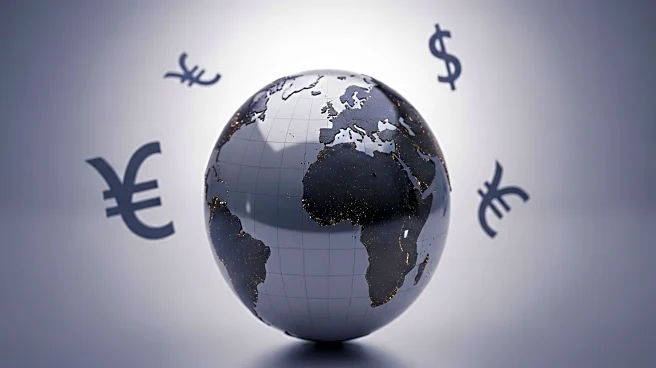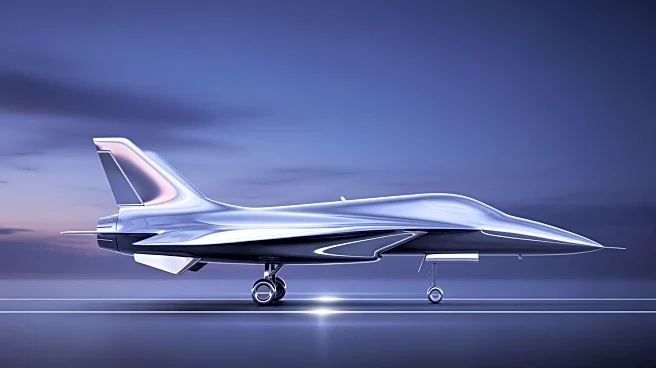What's Happening?
President Trump has proposed imposing a 100 percent tariff on India and China for purchasing Russian energy, contingent on the European Union (EU) following suit. This proposal aims to pressure Russia economically, as the Trump administration prefers using trade tools like tariffs to weaken the Kremlin's financial resources. However, the EU has expressed strong opposition to this approach, citing its core principles against tariffs, which are seen as taxes on domestic consumers. European Commission President Ursula von der Leyen reiterated the EU's stance, emphasizing that tariffs contradict the EU's identity as a trading bloc focused on exports. The proposal has sparked heated discussions between the U.S. and EU officials, with the EU unlikely to agree to such measures.
Why It's Important?
The proposal by President Trump to impose tariffs on India and China for buying Russian energy represents a significant shift in U.S. strategy to address geopolitical tensions with Russia. If implemented, these tariffs could have substantial economic implications, potentially disrupting global trade relations and affecting industries reliant on Russian energy. The EU's resistance highlights the complexities of international cooperation in addressing geopolitical issues, as differing economic priorities and principles can hinder unified action. The situation underscores the challenges in balancing economic interests with geopolitical strategies, with potential consequences for U.S.-EU relations and global trade dynamics.
What's Next?
The ongoing discussions between the U.S. and EU officials are expected to continue, with the EU likely to maintain its opposition to tariffs. The Trump administration may need to explore alternative strategies to pressure Russia, considering the EU's stance and the potential economic fallout of imposing tariffs. The situation may lead to further diplomatic negotiations and adjustments in U.S. foreign policy, as both sides seek a viable approach to address the geopolitical tensions with Russia.









